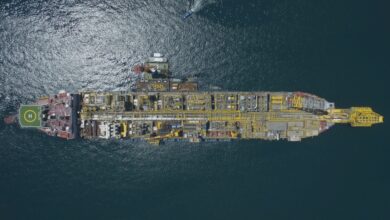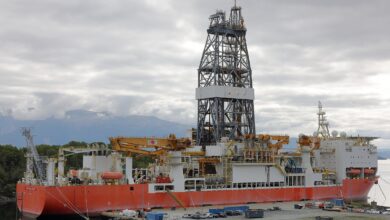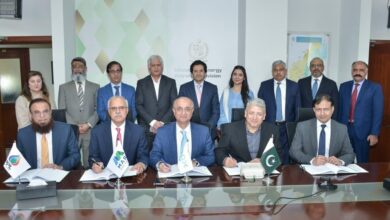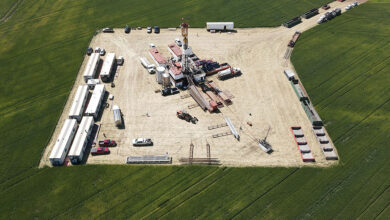Panel discussion: Local content rules changing Nigerian business models

A panel discussion at the 2010 IADC Drilling Africa Conference in London this week – “Local Content – Industry Development” – outlined lessons learned and identified opportunities to improve future collaboration between industry and government.
Remi Okunlola, executive director, Seawolf Oilfield Services, was the first to take the podium. He outlined the debate that has lasted for more than 50 years between oil-producing states and international oil companies, drawing attention to issues of control and ownership, nationalization and producers as owners of natural resources.
Mr Okunlola described how prosperity in resource-rich nations has shifted the debate to one of sharing between the oil companies and the oil-producing states. “It is now a debate about how to more fairly share the results of oil and gas resources,” he said.
He stated that the controversial Nigerian Content Act was largely a domiciling provision that seeks to grow the Nigerian economy. “It is about how much the nation can reap from this economy,” Mr Okunlola said. He offered that Nigeria’s clamor for improvement serves as an indicator of the country’s desire to play a bigger part in its oil and gas development.
Philippe Emergy, managing director O&G Europe, Africa and Middle East, Vallourec, delivered the three basic principles of industry experience in Nigeria.
He communicated how Vallourec’s business model changed from an export model to local presence in the last 20 years. The company now operates more than 50 plants worldwide.
Regarding lessons learned, Mr Emergy said that Vallourec’s customers are not used to high costs associated with local content requirements. “Our customers are not ready to accept over-costs due to local content,” he stated. Despite challenges, however, Vallourec was able to build their Nigerian plant on time and on budget.
Finally, Mr Emergy identified expectations for the future. Vallourec customers in Nigeria must accept higher costs due to local content requirements, he said. He also pointed out that local content and quality are both necessary for success.
Charles Ngoka, deputy managing director, deepwater, Total Upstream Companies in Nigeria, told of Total’s strong presence in Nigeria and their diversified portfolio that features land and offshore operations.
Total has been qualifying indigenous personnel since the 1990s. “We have a long history of encouraging local content,” he said. The company’s local-content vision includes maximizing the use of Nigerian materials and services, maximizing the use of Nigerian personnel and creating opportunities for Nigerians to occupy positions in project management teams. “All this to be achieved without sacrificing quality,” he said.
Mr Ngoka stressed the importance of making sure Nigerians have the right tools for the job. In 2002 Total collaborated with the French Petroleum Institute to form the Institute of Petroleum Services at the University of Port Harcourt. The program has graduated 111 petroleum engineers, all employed by various companies within the oil and gas sector.
He suggested that the Nigerian Content law had ambitious targets and that a step-by-step approach must be adopted to bridge the gap; a fiscal and stable environment is essential to that process. “Without an enabling fiscal and stable environment, people will be unable to commit and invest,” Mr Ngoka said.




